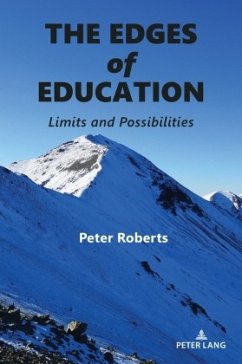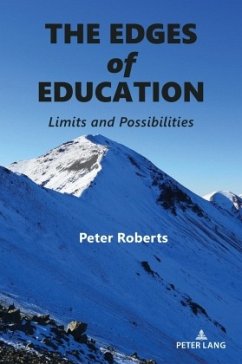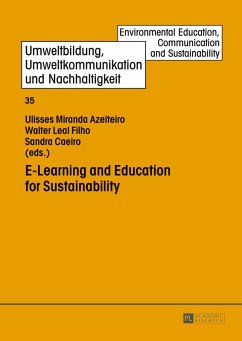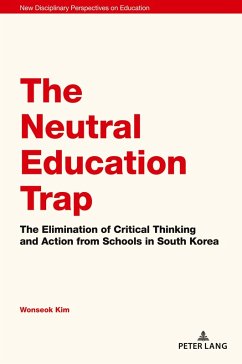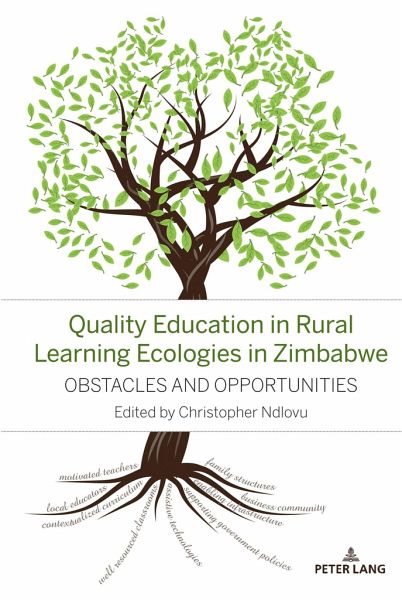
Quality Education in Rural Learning Ecologies in Zimbabwe
Obstacles and Opportunities
Herausgegeben: Ndlovu, Christopher
Versandkostenfrei!
Versandfertig in 6-10 Tagen
80,95 €
inkl. MwSt.
Weitere Ausgaben:

PAYBACK Punkte
0 °P sammeln!
This book brings together a series of papers on education in rural Zimbabwe. It is informed throughout by the generative theory of rurality, which sees rural communities as the most significant agents in solving the challenges they face. Against this theoretical backdrop, the 13 chapters challenge policy makers, researchers and educators to confront the problem of poor academic performance among learners in rural learning ecologies. The book demonstrates that rural communities, in Zimbabwe and elsewhere, can improve their educational outcomes through community-led action, involving traditional...
This book brings together a series of papers on education in rural Zimbabwe. It is informed throughout by the generative theory of rurality, which sees rural communities as the most significant agents in solving the challenges they face. Against this theoretical backdrop, the 13 chapters challenge policy makers, researchers and educators to confront the problem of poor academic performance among learners in rural learning ecologies. The book demonstrates that rural communities, in Zimbabwe and elsewhere, can improve their educational outcomes through community-led action, involving traditional leadership and other stakeholders. The key message is that communities have the opportunity to become the authors of their own destinies in shaping future educational results.
"This book brings together important views on improving learning in rural ecologies. The arguments brought forward can lead to responsive policies that can greatly benefit rural education."
-Colwasi Mthunzi, Professor of Curriculum Innovations, Solusi University
"A book that brings so much hope for rural learners and also encourages the community and parents/guardians to play an active role in the learning of their children."
-Nosizo Shava, Senior Sociology Lecturer, Hillside Teachers College
"Well-articulated papers on the ways of reducing inequalities between rural and urban education."
-Shepherd Ndondo, Post-doc fellow in Philosophy of Education, University of Fort Hare
"This book brings together important views on improving learning in rural ecologies. The arguments brought forward can lead to responsive policies that can greatly benefit rural education."
-Colwasi Mthunzi, Professor of Curriculum Innovations, Solusi University
"A book that brings so much hope for rural learners and also encourages the community and parents/guardians to play an active role in the learning of their children."
-Nosizo Shava, Senior Sociology Lecturer, Hillside Teachers College
"Well-articulated papers on the ways of reducing inequalities between rural and urban education."
-Shepherd Ndondo, Post-doc fellow in Philosophy of Education, University of Fort Hare





